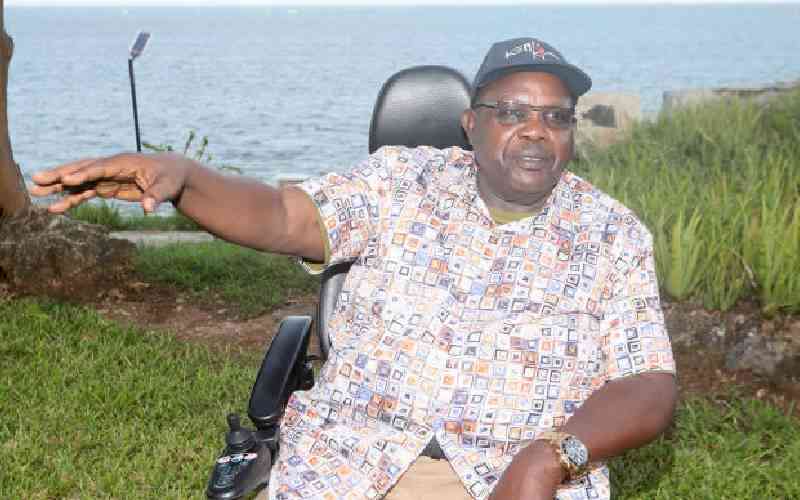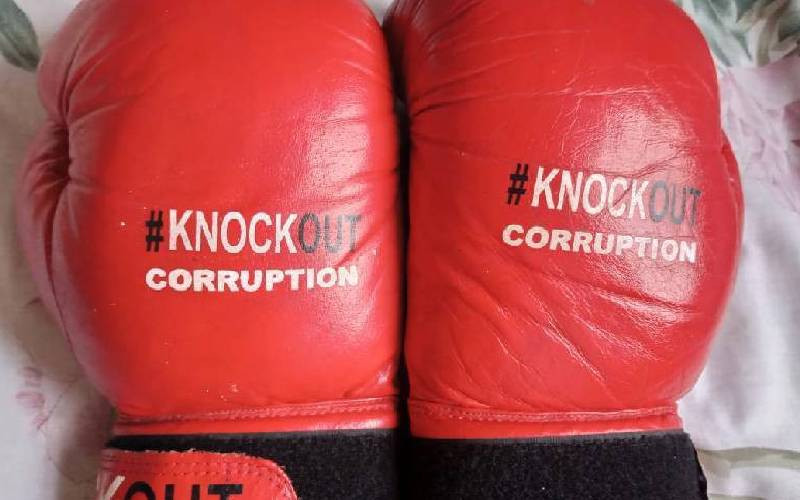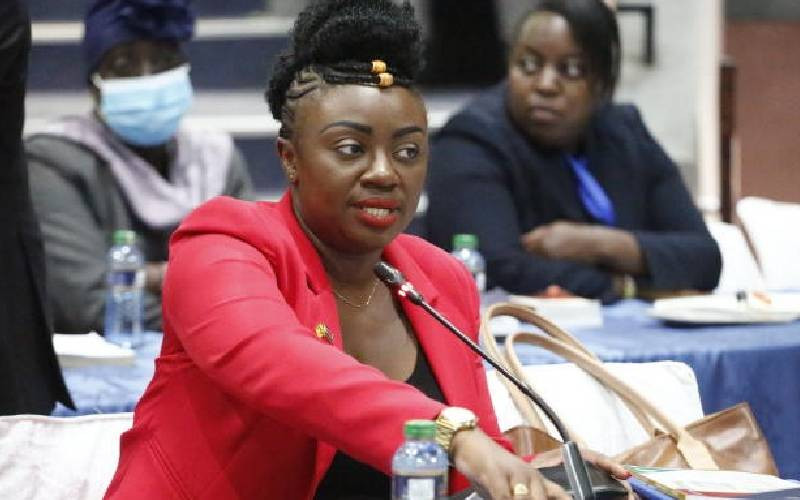By Paul Wafula
Kenya has fully refunded the British government the Sh7 billion funding misappropriated under the free education scheme.
The global Permanent Secretary of the Britain Department for International Development (DFID) Mark Lowcock told The Standard on Saturday in an interview that the UK government will now invest 90 million pounds (Sh12.4 billion) in Kenya this year.
Future engagements
“The British parliament votes money to DFID to spend on development and poverty reduction. The Kenyan government repaid the money we lost together with other development agencies and I know it is keen to sort out problems in the education sector,” Mr Lowcock said.
Lowcock said his government would be interested in talking to the new Kenya government after the March elections, saying he has a bigger budget for the country next year. “I have the responsibility to ensure that money is spent on the purposes intended and I am summoned by Parliament several times a year to explain how we got value for money. We will have a bigger budget for Kenya next year and will be looking forward to talking to the next government,” he said.
This followed a report from DFID’s independent consultant who worked with Ministry of Finance to audit the Kenya Education Sector Support Programme (KESSP).
Though the Government maintained no money had been lost, the audit revealed that Sh4.6 billion could not be accounted for. This is one of the biggest scandals in the education sector that threatened to steal the shine from President Kibaki’s free primary school education legacy.
The British official, however, did not say if his government will be revert back funding its programmes through the Government or continue funding education through non-state actors.
“We were unable to channel the money directly to schools in the earlier days but we did other things like buying text . We are now looking afresh at how we can support the education system in future,” he said. The UK is a part of key donors including America, Canada, Sweden, the World Bank and Japan, who fund educational programmes in Kenya.
“Corruption is a problem but it does not stop us from delivering our programmes that offer value for money to the British taxpayer. We have very big programmes in Kenya in the health sector to help tackle malaria, provide family planning access to people, and reduce child mortality rates,” Lowcock said.
He is in the country this week to review DFID-funded programmes and is also scheduled to meet policy makers, civil rights organisations and the Independent Electoral and Boundaries Commission among others.
 The Standard Group Plc is a
multi-media organization with investments in media platforms spanning newspaper
print operations, television, radio broadcasting, digital and online services. The
Standard Group is recognized as a leading multi-media house in Kenya with a key
influence in matters of national and international interest.
The Standard Group Plc is a
multi-media organization with investments in media platforms spanning newspaper
print operations, television, radio broadcasting, digital and online services. The
Standard Group is recognized as a leading multi-media house in Kenya with a key
influence in matters of national and international interest.
 The Standard Group Plc is a
multi-media organization with investments in media platforms spanning newspaper
print operations, television, radio broadcasting, digital and online services. The
Standard Group is recognized as a leading multi-media house in Kenya with a key
influence in matters of national and international interest.
The Standard Group Plc is a
multi-media organization with investments in media platforms spanning newspaper
print operations, television, radio broadcasting, digital and online services. The
Standard Group is recognized as a leading multi-media house in Kenya with a key
influence in matters of national and international interest.









